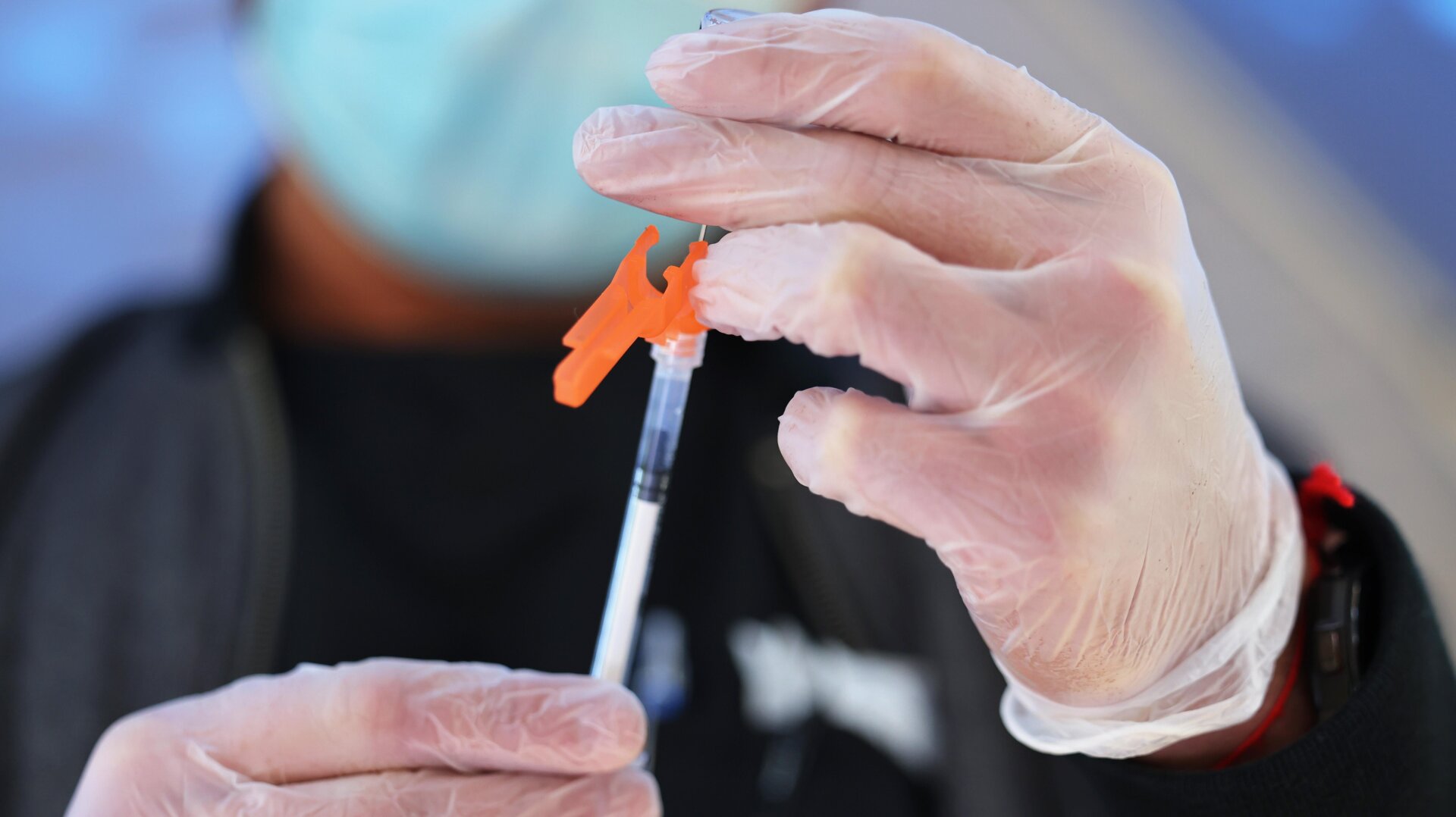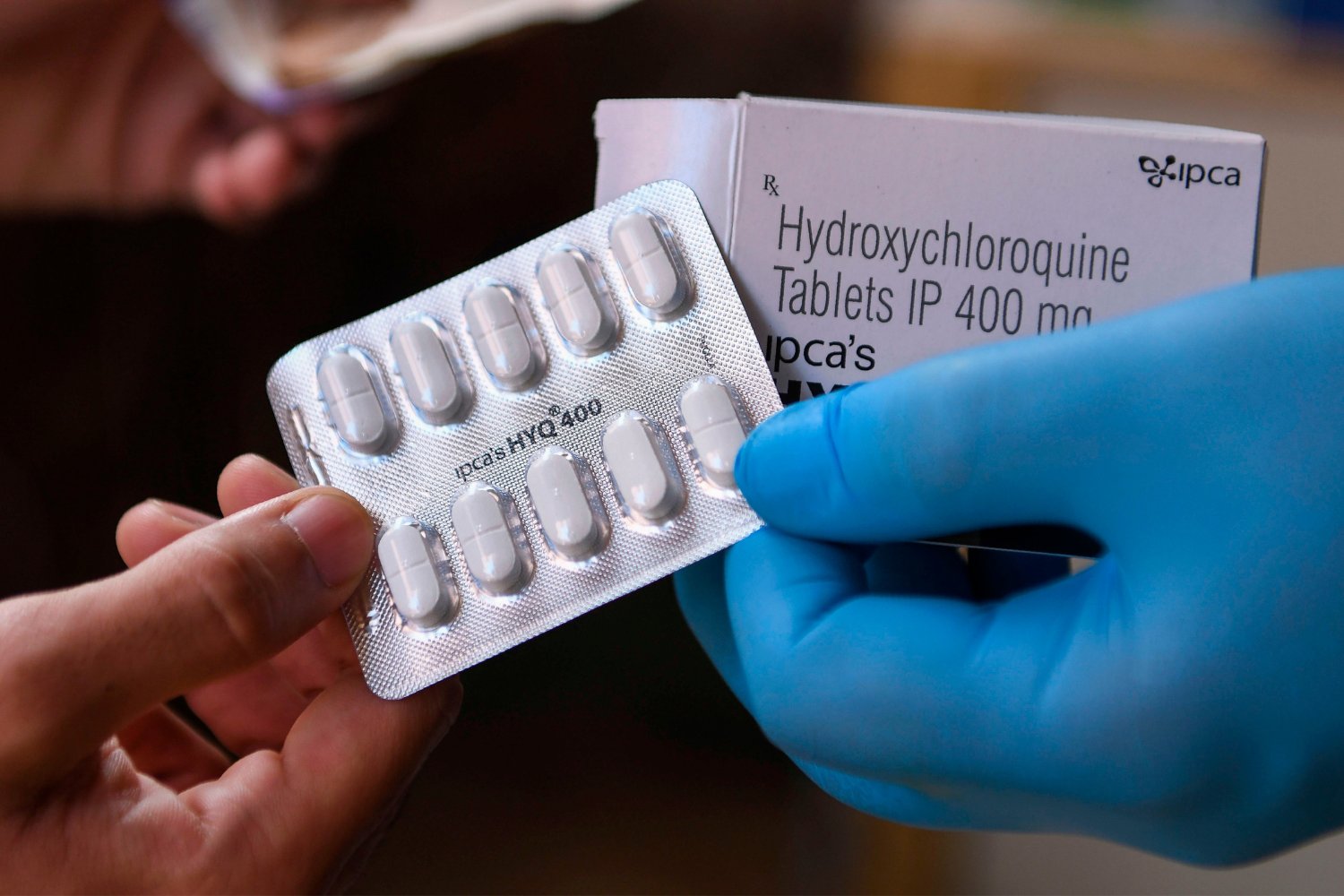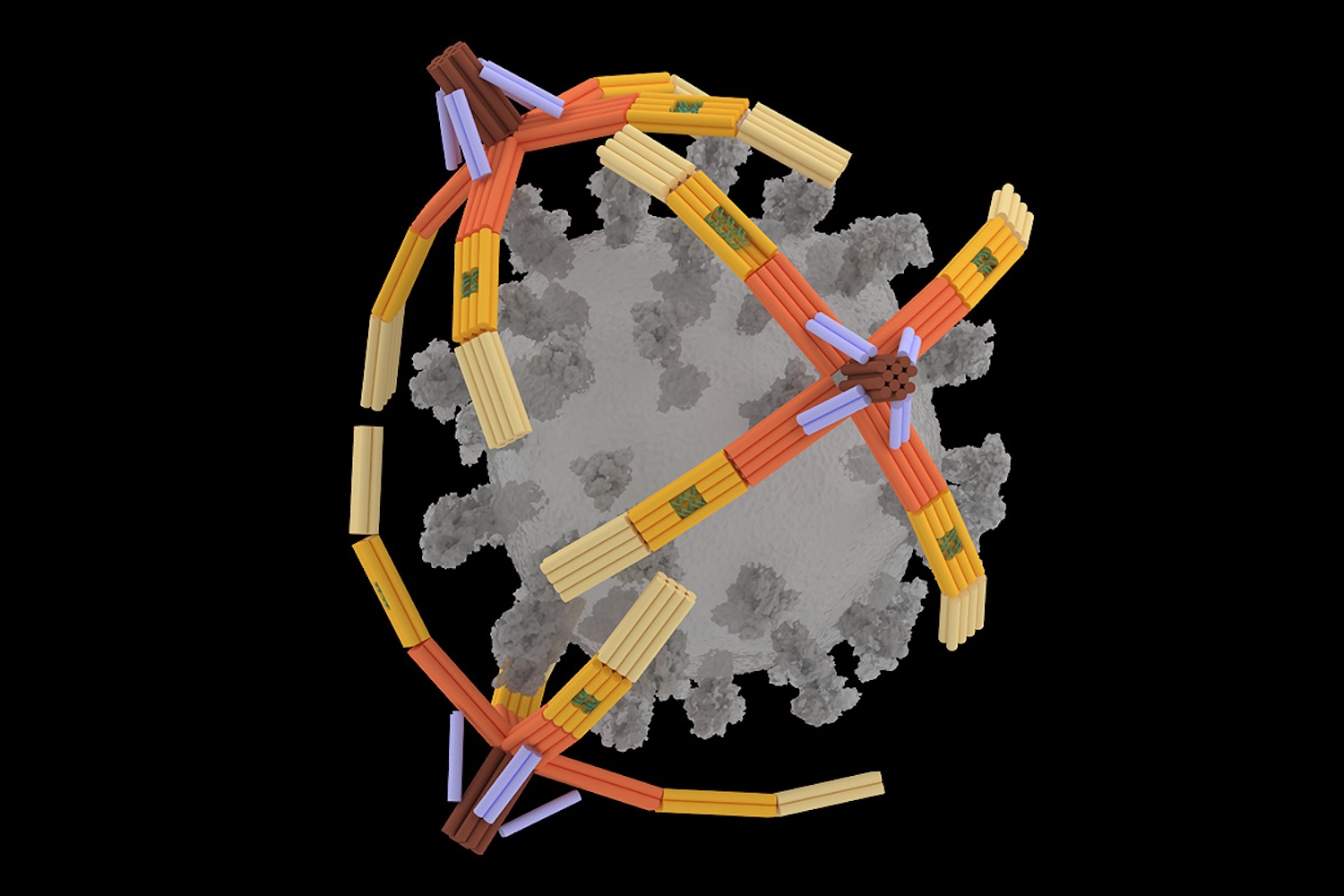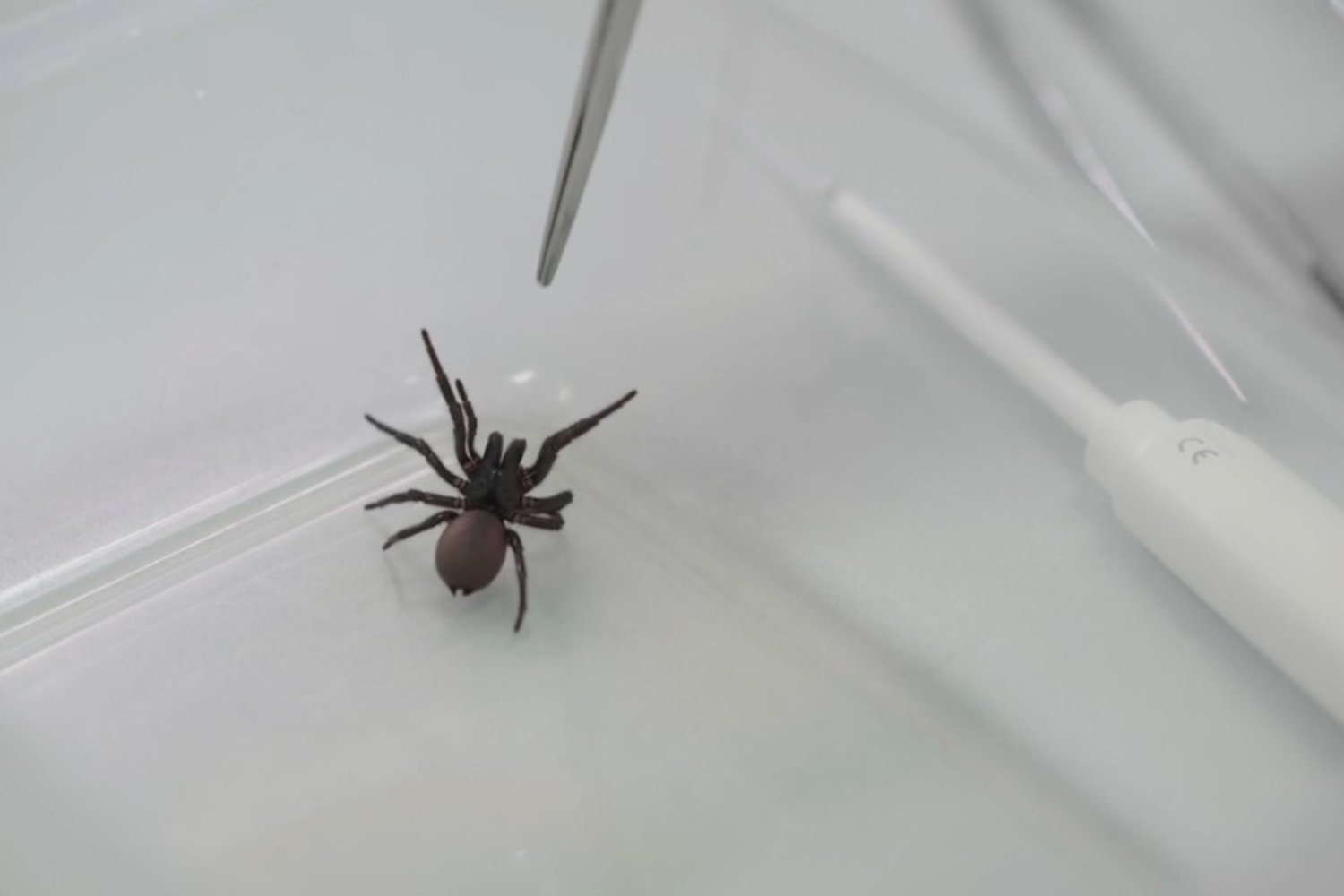On Thursday night, Rochelle Walensky, head of the Centers for Disease Control and Prevention, gave the green light to boosters for those who took the Moderna or Johnson & Johnson covid-19 vaccines. She also made clear that people who are on the recommended list for a booster can take a different brand of vaccine than the original shot they had earlier.
Her announcement follows endorsements by a CDC panel and the FDA, all assessments made based on the underlying science. For those planning to mix-and-match their shots, here’s what you should know.
Why Boosters Have Been Approved—And for Who
Importantly, all available covid-19 vaccines continue to show strong protection against the worst outcomes of covid-19 in the general population, including death, without boosters. But there has been evidence of waning immunity among the elderly and vulnerable, likely both due to time and the emergence of the Delta variant. And that concern has led to the recommendation of boosters for some Americans.
As things stand right now, boosters for the two mRNA vaccines (Pfizer/BioNTech and Moderna) are being recommended for certain groups who took either one originally: People over 65; people over 18 who have underlying health conditions that raise their risk of severe covid-19, such as diabetes; and people over 18 who work in high-risk settings for transmission, such as hospitals and nursing homes. These boosters should be scheduled, at the earliest, six months after the second dose.
Everyone who got the single-shot J&J booster, however, is recommended to get a booster. Evidence shows that it provides less protection against covid-19 in general than the mRNA shots. This booster should be scheduled two months or more after the original, though people can obviously get it at a later time.
The Difference Between Pfizer and Moderna Boosters
Moderna’s original dose was three times larger than Pfizer/BioNTech’s, and there is some data showing that this jumbo shot is providing longer-lasting protection in general than the latter. Their booster is half the size, however, and is expected to provide about as much protection as the Pfizer booster, which is the same size dose as the original.
You probably can’t go wrong with picking either one, since they are based on the same method of vaccination. A study from Pfizer out this week estimated that a booster restored the vaccine’s effectiveness against illness to 95% in Pfizer recipients compared to those who got a placebo instead, at least temporarily.
How the Mix-and-Match Approach Works
We’re less sure about what the boost in protection will look like for those who originally took the J&J one-and-done shot and then take an mRNA booster shot. But the early data looks encouraging. Animal and human studies have suggestedthat mixing and matching vaccines should provide a robust immune response to the virus.
A preliminary study from researchers at the National Institutes of Health released last week even indicates that levels of neutralizing antibodies—the antibodies key to stopping infection before it starts—are higher in those who mix and match compared to those who get the same brand booster. This may be due to the varying ways these vaccines respectively train the immune system to recognize the coronavirus. But it’s important to note that these are only indirect measures of immunity, so we can’t be sure that it would translate to greater protection in the real world.
There remain many questions about boosting in general. We don’t know how long a boost in protection will last, though scientists do hope immunity will wane less following a booster than it does after a second shot. And there are ongoing scientific debates about the need for boosters for the general public, particularly younger and healthier people. Rare side effects seen more often in younger people, like myocarditis in young men who received one of the mRNA shots, might not be worth the risk of a booster that won’t improve their already high protection by much, for instance.
But for the more than 10 million Americans who received a J&J shot, mixing-and-matching your booster does seem to be safe and effective. So whatever the brand, go ahead and feel comfortable taking a booster as soon as you can.














